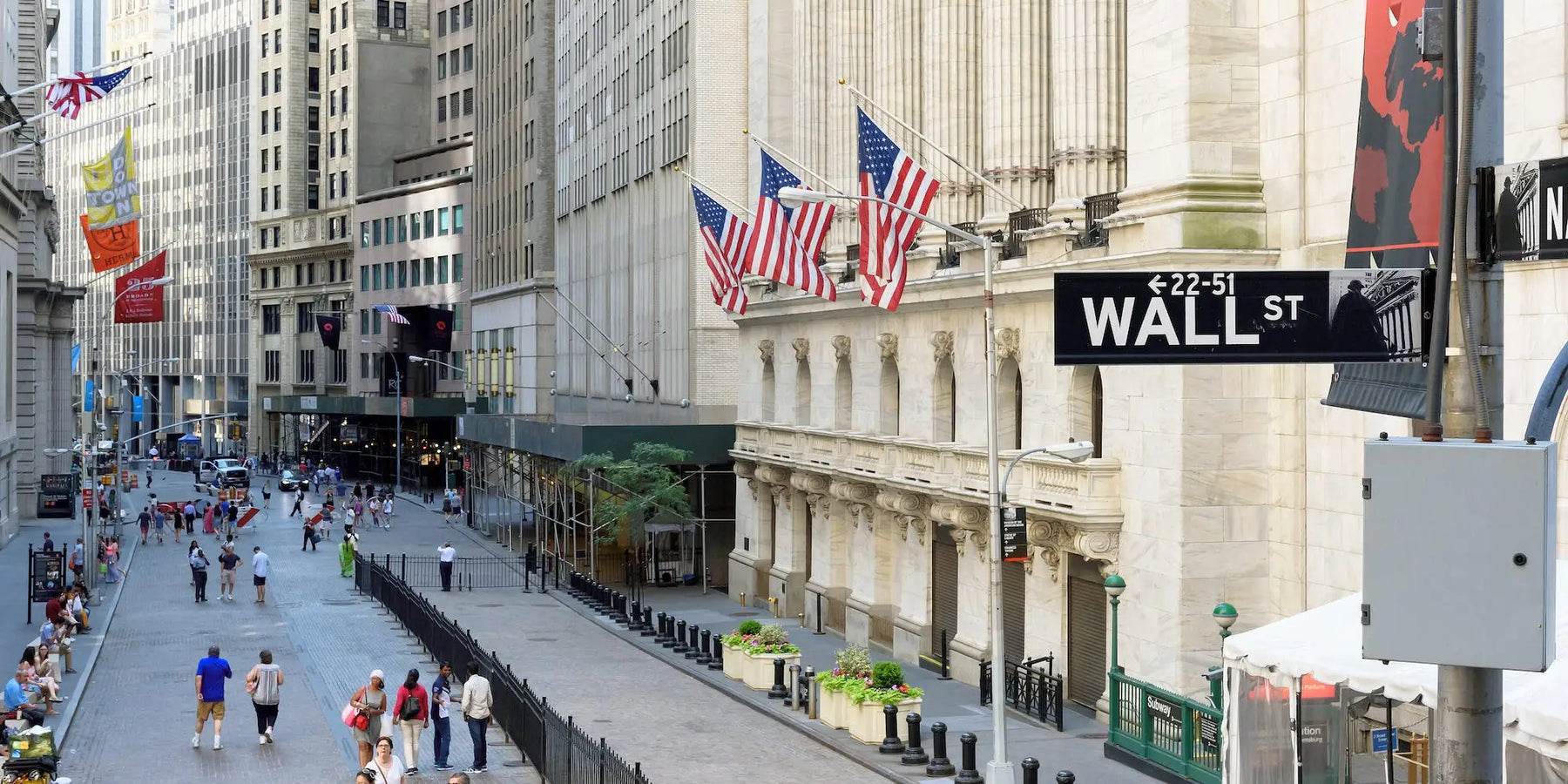
Credit from banks is contracting for the initial time since the Great Recession, signaling a warning sign for the economy.
An important indicator of the economic well-being in the United States has entered negative territory, lending support to some of the more pessimistic growth predictions on Wall Street. According to the Board of Governors of the Federal Reserve System, bank credit levels have now declined for three consecutive quarters, marking the first sustained contraction since 2010. This occurrence, only the second in over 50 years, echoes the decline experienced during the Great Recession resulting from the 2008-2009 global financial crisis.
The continued slump in bank lending coincides with a prevailing pessimistic outlook for the economy among many Wall Street experts, despite a surprisingly positive trend observed in 2023. High-profile investors such as Jeffrey Gundlach and Henry Kravis express concerns about a potential recession. Notable economists like David Rosenberg and Steve Hanke anticipate a sharp downturn, while market guru Gary Shilling suggests that a U.S. recession may already be underway.
The contraction in bank credit implies reduced borrowing by companies, with higher interest rates contributing to increased loan costs. Difficulty in raising debt may discourage businesses from pursuing spending projects, further hindering economic growth. The Federal Reserve's decision to raise interest rates from near-zero to around 5.5% between March 2022 and July 2023 aimed at curbing rising consumer prices. While the central bank signals an eventual loosening of monetary policy, businesses may face challenges in accessing credit until inflation aligns with the 2% target.
Despite defying predictions and avoiding a recession last year, the U.S. economy is expected to experience a slowdown, with forecasters estimating a 1.3% expansion in the final quarter of 2023. Some Wall Street experts believe that central bankers could engineer a "soft landing," achieving a balance between inflation reduction and avoiding unemployment spikes or severe recession.
Treasury Secretary Janet Yellen describes the current economic scenario as a "soft landing," and the Federal Reserve has not mentioned the possibility of a recession since July. However, not all voices on Wall Street share this optimism. JPMorgan Chase CEO Jamie Dimon remains skeptical, expressing doubt about the likelihood of a "Goldilocks scenario" where growth, inflation, and unemployment align perfectly. He suggests the possibility of a mild or heavy recession, possibly in 2024.
Prominent economists like Hanke and Rosenberg consistently highlight the potential for a severe slump in U.S. growth. Factors contributing to this pessimistic outlook include the yet-to-be-felt impact of the Fed's aggressive rate increases and the potential for ongoing conflicts in Ukraine and Gaza to drive up inflation and disrupt global trade. The contraction in bank credit serves as another indicator supporting the concerns of those anticipating a downturn.
